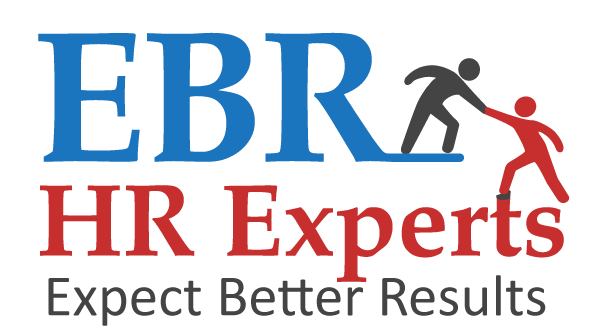This question frequently arises because common internet advice says you should ask for samples. You need to be able to see what you are getting, right? Our stance is absolutely not. Content is what matters, not the way the resume looks – beyond some best practices. A good-looking sample resume doesn’t mean you will get an effective resume.
Why we don’t provide samples:
As stated above, content is what matters, not the look. We want to get to know you and learn more about your industry, background, and even personality before deciding on a format and style for your resume. Samples aren’t always a good indicator of what your resume is going to look like. And again, strong verbiage and the right content are far more important than the look of the resume. I’ve seen some truly tragic-looking resumes over the years – and still called the applicant because, as a hiring manager, I understand that the best employees aren’t always the best resume writers. As long as I can find the information I’m looking for, the resume is doing its job.
There is no “right” way to write a resume. If you ask ten recruiters and ten hiring managers what the best look, format, style, etc. is, you will get twenty different answers. If you ask their top tips for writing a resume, you will get at least one contradictory piece of advice. When EBR writes resumes, we do it based on you – your background, industry, next job, and even personality to get the look right for you.
Even then, we occasionally don’t get it right on the first try. But that is why we collaborate with our clients. We are the experts on resumes, but you are the expert on you. When we work together, we can do great things.
There are four types of resumes. Until we’ve spent time with you, we won’t know which one makes the most sense.
Chronological is the most common type. If you’ve had a linear, progressive career and are looking for a job equal to your most current one, this could work.
Functional works better for certain industries, specifically when the work is fairly straightforward without much change between jobs. Examples include many medical positions, bookkeeping, basic customer service, and many manual jobs.
The hybrid resume is our favorite based on the demographic we commonly work with. This is the resume type we recommend when a client is changing industries, trying for a promotion, or is in a position where a focus on achievements is important. We find this format works best for most executive resumes as well.
Tailored resumes are the final option, although we don’t do many of them. A tailored resume is targeted to one specific job posting. If you are in an active job search, this doesn’t usually make sense.
We are good at what we do (modest, not so much!), and our clients will back us up on that. We have been named one of the top ten resume writing services in DFW for the last three years running. We are in the top 8 cover letter writers nationally according to the same website and the top ten best military to civilian resume writers. Our results speak for themselves.
If not samples, how do you qualify your resume writer? Reviews are probably one of the best places to start. What other customers think of the writer is a pretty good indication of what your experience will be like. Don’t just look at how many stars the company has, though. Read the reviews to get a solid feel for how the company operates. Google “How to Hire a Resume Writer,” and you’ll find countless articles, all with slightly varying advice. Top Resume says this, while Forbes says this, and LinkedIn says this. We think Mac’s list provides the most comprehensive list of considerations.
Bottom line, how well are you communicating with your resume writer? Do they seem to understand your needs? If so, you can work together to create the right resume.
